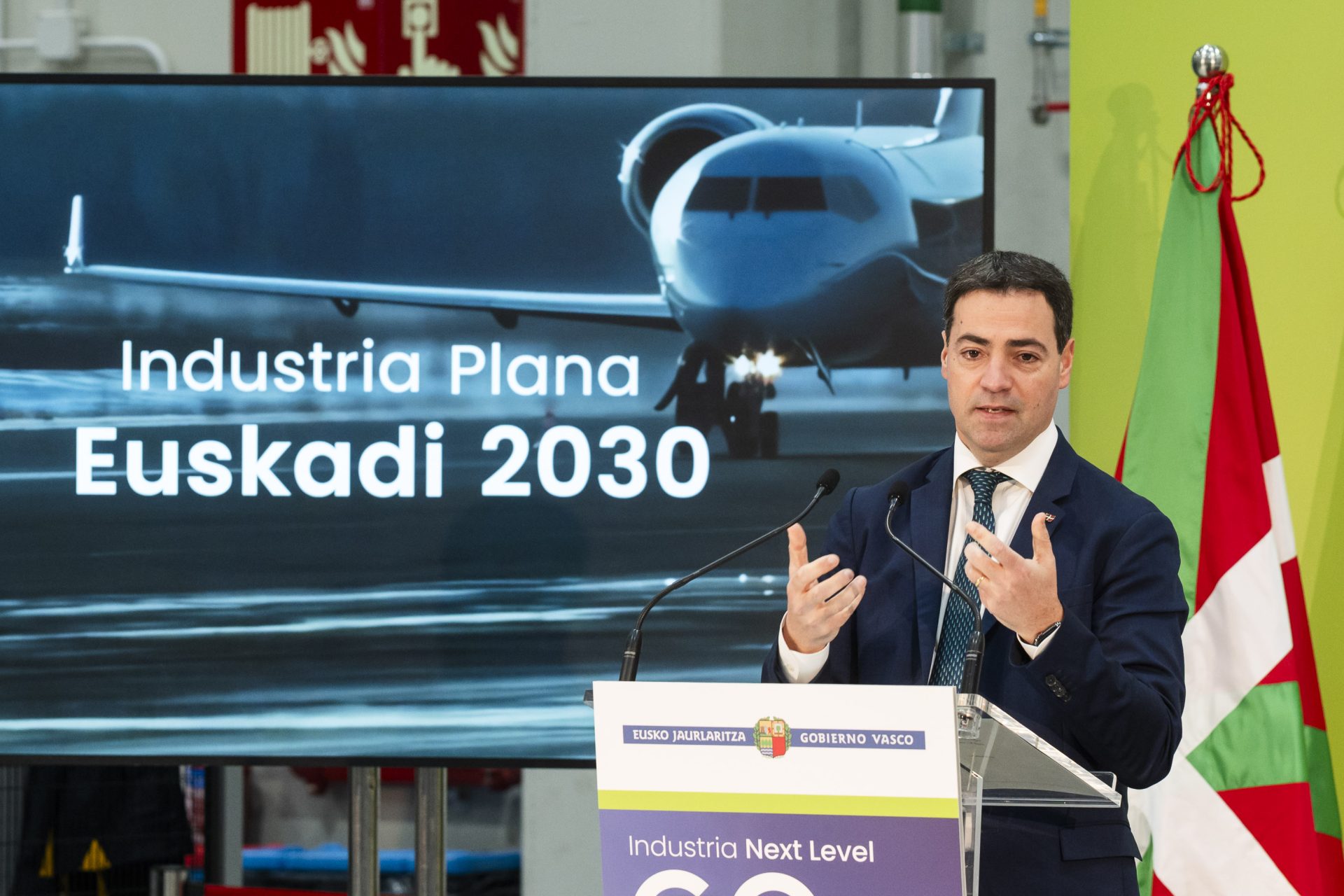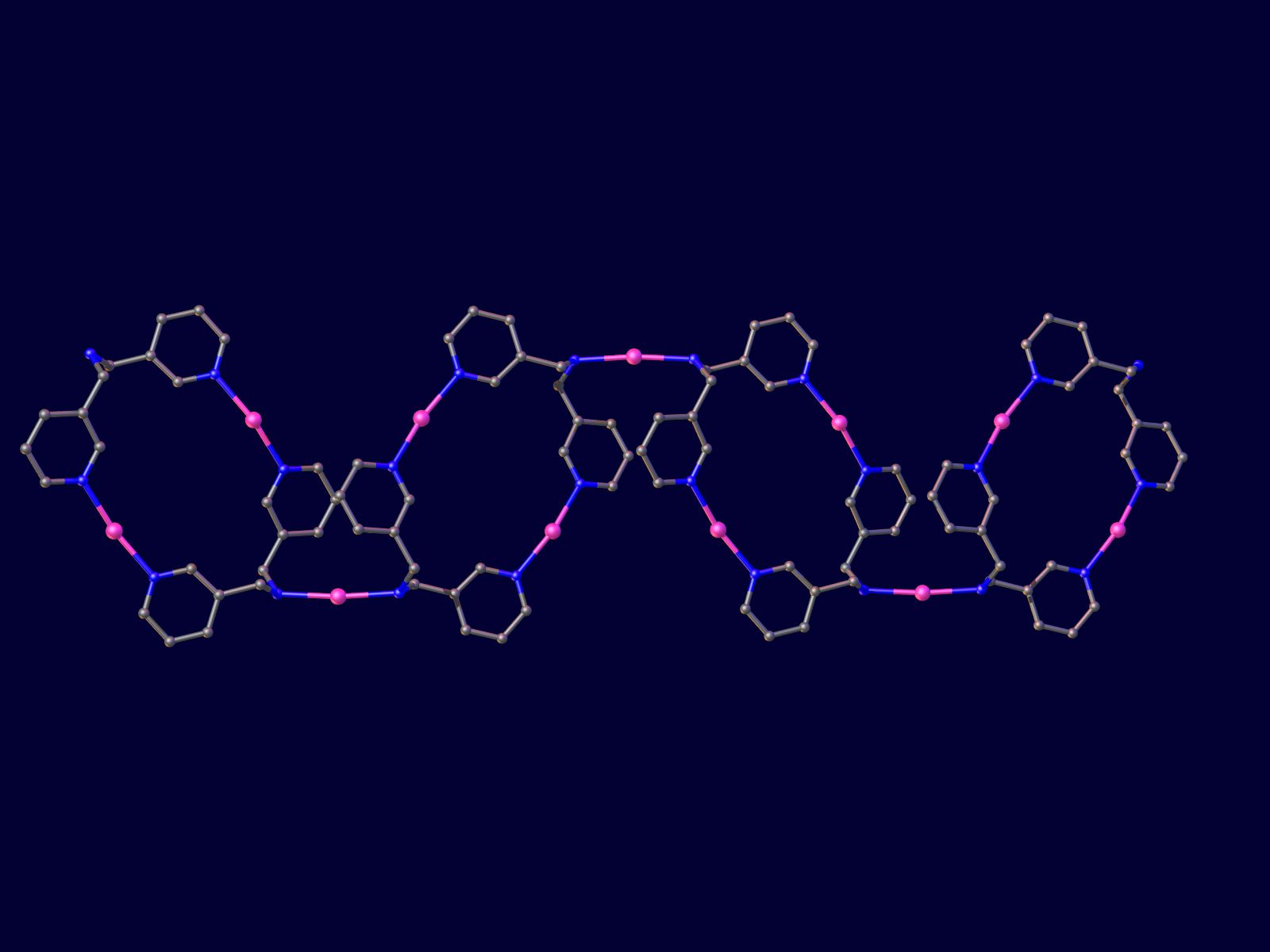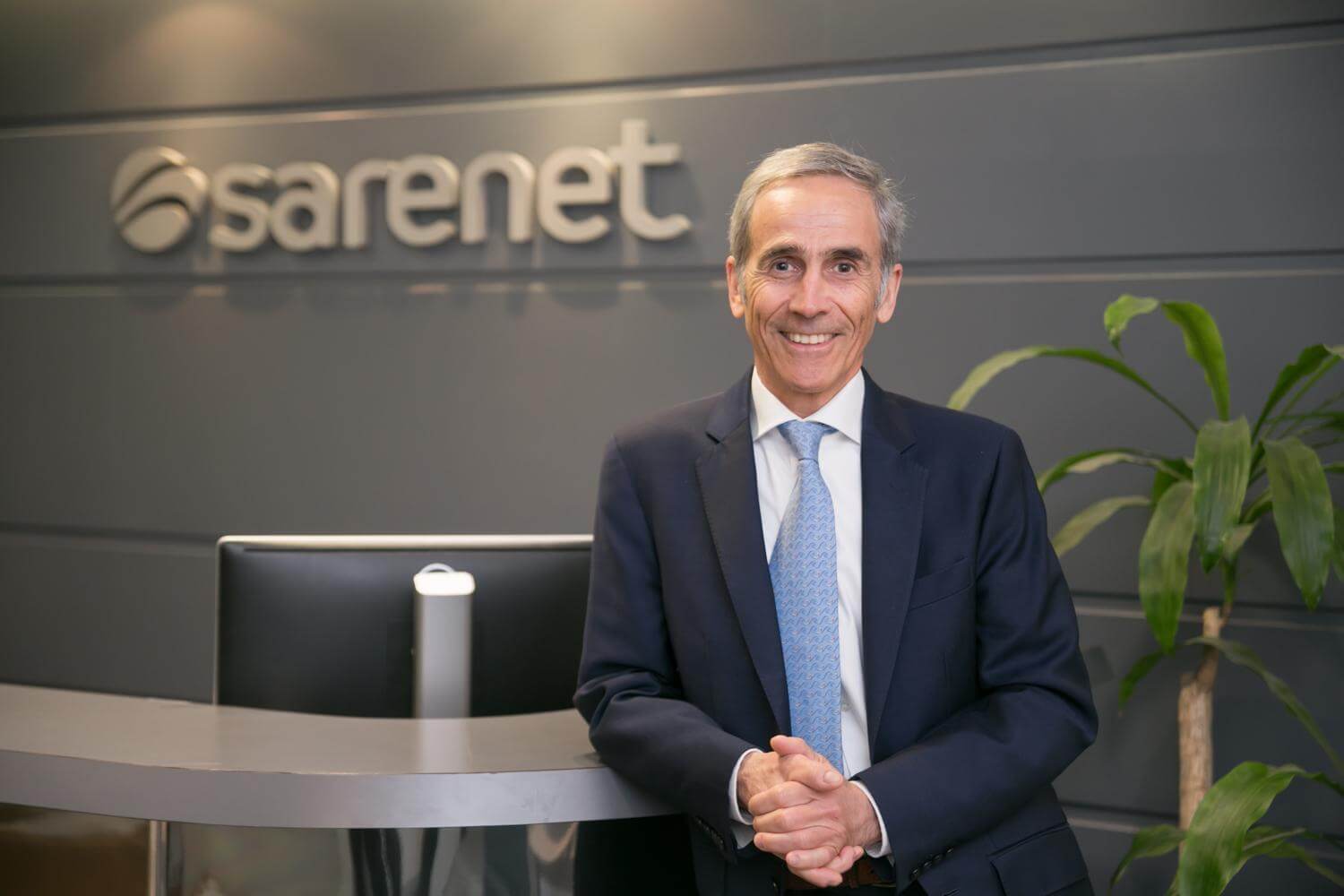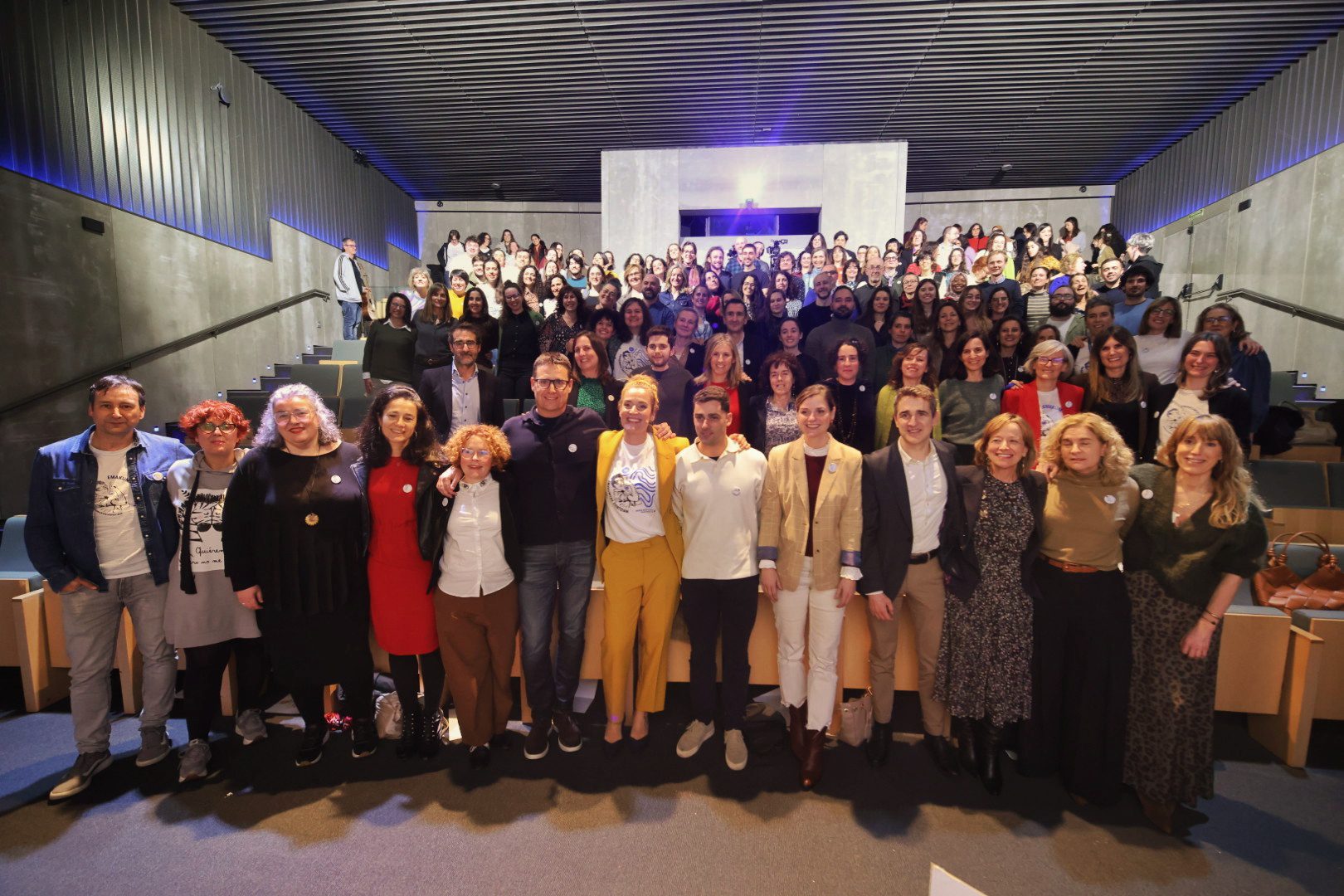GAIKER has participated in the development of circular solutions for glass and carbon fibre composites
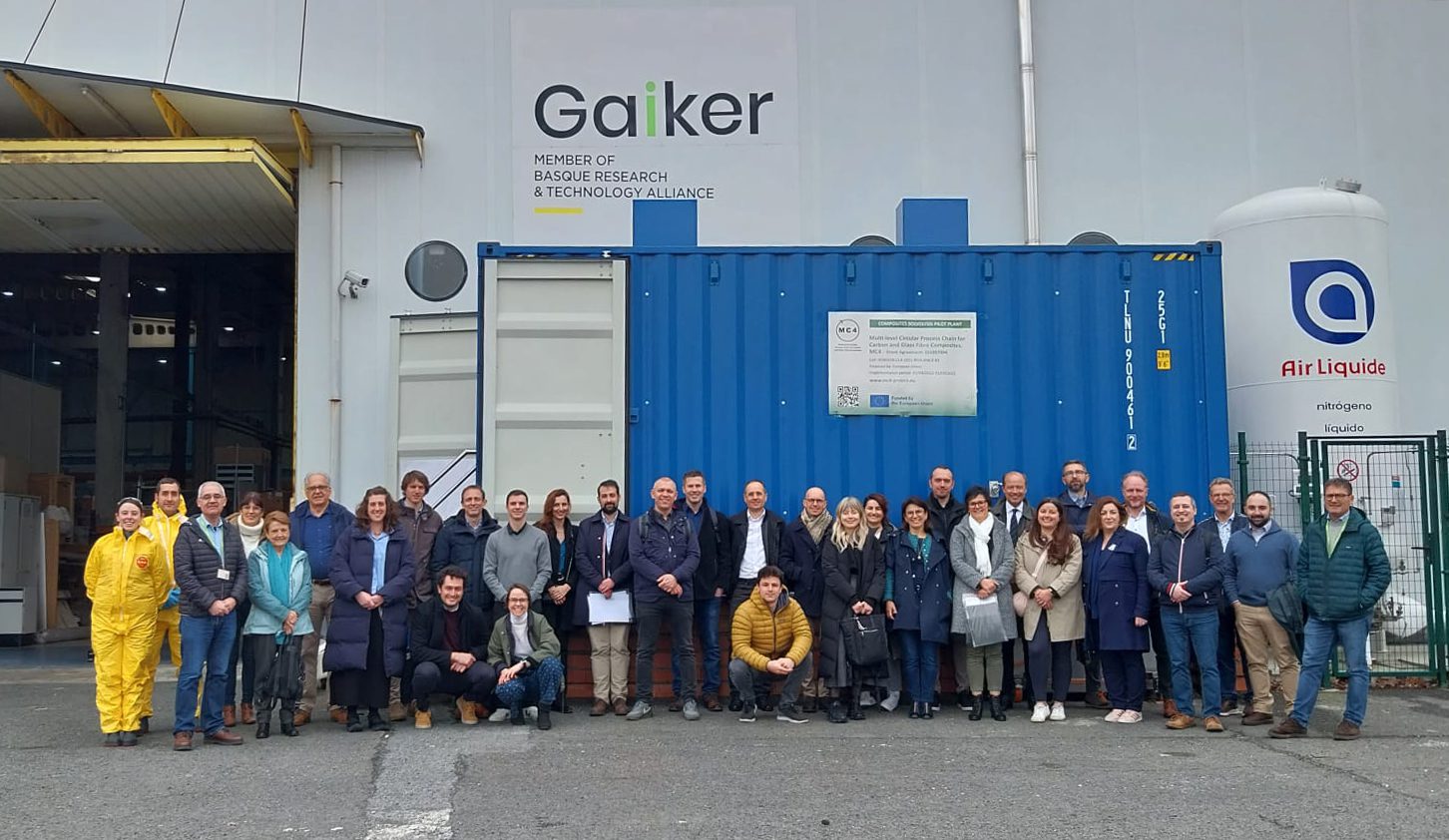
The European MC4 project has been successfully completed after three years of research.
Its final meeting was held at the GAIKER Technology Centre.
On 25 and 26 March, the final meeting and the exhibition of demonstrators of the European project MC4, Multi-level Circular Process Chain for Carbon and Glass Fibre Composites, funded by the European Commission (call HORIZON-CL4-2021-RESILIENCE-01) took place.
The meeting, which was held at the GAIKER Technology Centre, member of the Basque Research & Technology Alliance (BRTA), in addition to the coordinator PROFACTOR GmbH (Austria) and all the other project partners, was attended by the Project Officer and the Project Advisor appointed by the European Commission.
The MC4 project started in April 2022 with the aim of developing short and medium-term technological solutions to the problem of recycling carbon and glass fibre reinforced composites. The high consumption of these fibre-reinforced plastics (FRPs) due to the good performance they offer, the growing demand for recycled materials to reduce the environmental impact or the need to find management methods other than landfill for composite waste, were the main challenges for which this research was looking for solutions.
After three years of work, MC4 has come to an end with good results. Research has been carried out on a recycling alternative, based on a chemical process, applicable to cured waste and end-of-life parts of carbon fibre reinforced plastics (CFRPs) already on the market. As a result of this research, the process of solvolysis of CFRPs has been developed on a laboratory scale, selecting a suitable medium and conditions to perform an acid hydrolysis process of the resin and produce recycled carbon fibres (rCFs) from the composite. Also, the laboratory results have served as the basis for building a functional pilot plant for solvolysis of waste CFRPs, in which the core element is a 300 L reactor, to demonstrate the process and clean rCFs have been produced and incorporated into new CFRPs products. It has been determined through this pilot plant that it is feasible to scale up this process to an industrial level, which could provide a solution to the management of waste glass and carbon fibre reinforced composites from sectors such as the automotive, naval, aeronautical, sports equipment and urban furniture sectors.
In conclusion, the main objective of the project has been achieved and different circular solutions for carbon and glass fibre composites have been developed.
